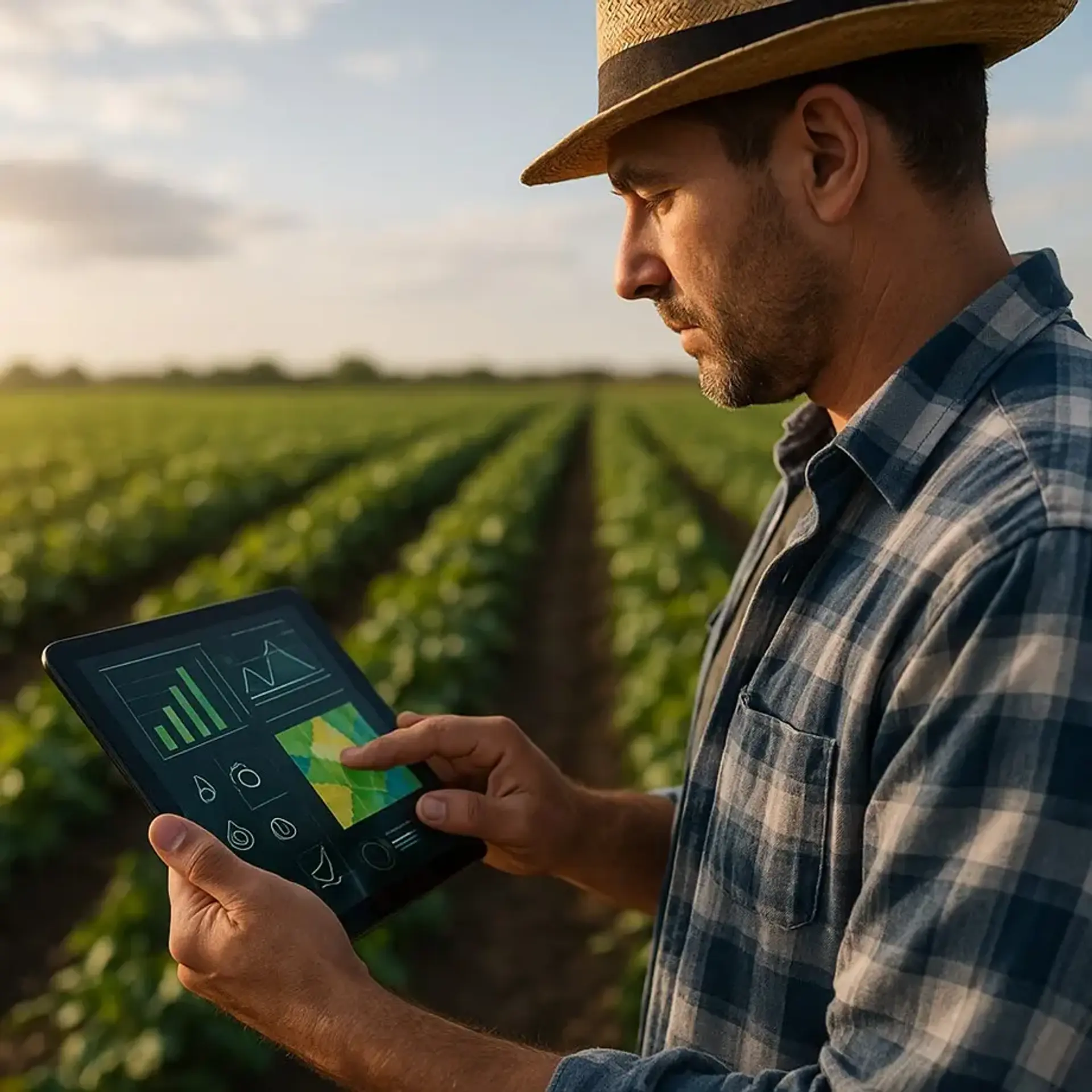Digital agriculture, incorporating AI and other advanced technologies, is poised to significantly impact food price stability. Smart sensors enable optimised resource management, while predictive analytics refine farming schedules. Blockchain technology enhances supply chain transparency, cutting costs and minimising waste. These advancements collectively boost productivity and fortify supply chains against disruptions, offering a buffer against food inflation.
However, the integration of these technologies presents challenges, particularly for small-scale farmers. The initial investment and technical expertise required may create a barrier to entry, potentially widening the gap between large, technologically advanced farms and smaller, traditional operations. Addressing this disparity is crucial to ensure that the benefits of digital agriculture are shared across the entire farming community.
To prevent the exclusion of small farmers, supportive policies and accessible training programs are essential. Governments and industry stakeholders must collaborate to provide resources and education, enabling small-scale farmers to adopt these technologies effectively. By fostering inclusive adoption, the agricultural sector can harness the full potential of digital tools to create a more sustainable and equitable food system.




